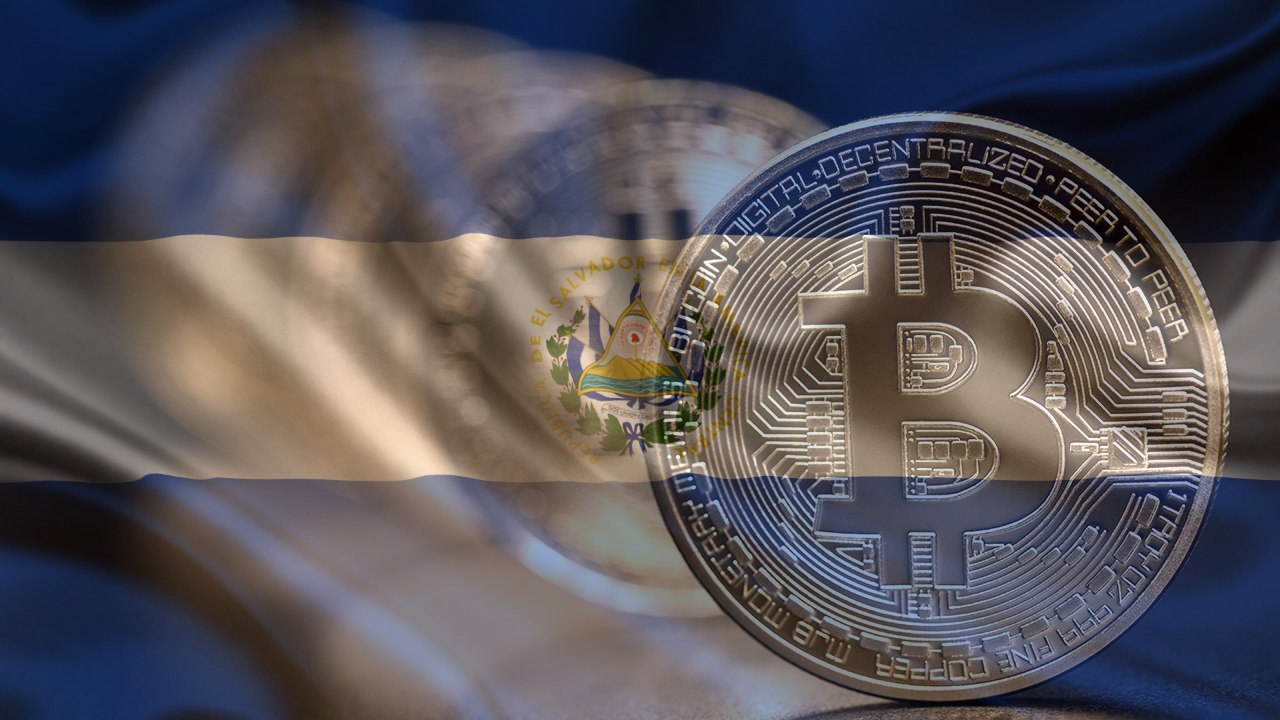El Salvador Accelerates Bitcoin Purchases Despite IMF Agreement
02.02.2025 14:00 2 min. read Alexander Zdravkov
El Salvador has continued adding to its Bitcoin holdings, recently purchasing two more BTC on February 1.
The country, which typically buys one Bitcoin per day as part of its long-term accumulation strategy, has been accelerating its purchases in recent weeks.
Government data shows that El Salvador now holds 6,055 BTC, worth over $612 million, with more than 50 BTC acquired in the past month alone. Despite striking a $1.4 billion agreement with the International Monetary Fund (IMF), which required changes to its Bitcoin policies, the country remains committed to expanding its Bitcoin reserve. As part of the deal, El Salvador made Bitcoin payments optional, reduced government involvement in the crypto sector, and privatized the Chivo wallet.
One day after finalizing the IMF agreement, the government acquired 11 BTC, worth over $1 million. The pace of accumulation has since picked up, with an additional 12 BTC purchased on January 19. Officials from El Salvador’s National Bitcoin Office have indicated that Bitcoin purchases may ramp up even further in 2025.
The country’s approach to Bitcoin has caught the attention of major players in the financial sector. A report from Fidelity Digital Assets, titled 2025 Look Ahead, highlighted El Salvador’s Bitcoin strategy as a potential catalyst for broader adoption among nation-states. Analysts at Fidelity argue that as Bitcoin’s role in the global economy expands, larger countries may feel pressure to follow El Salvador’s lead, fearing the consequences of missing out on Bitcoin ownership.
-
1
Peter Schiff Warns of Dollar Collapse, Questions Bitcoin Scarcity Model
12.07.2025 20:00 1 min. read -
2
Bitcoin Reaches $119,000 Milestone as Corporate Demand and ETF Inflows Rise
13.07.2025 17:45 2 min. read -
3
Bitcoin Price Prediction From Bernstein After the Recent All-Time High
14.07.2025 20:00 1 min. read -
4
Top Crypto Trends Dominating Discussions This Week
15.07.2025 17:30 2 min. read -
5
Ethereum Sparks Altcoin Season as FOMO Shifts Away From Bitcoin
17.07.2025 18:30 2 min. read
Billionaire Ray Dalio Revealed What his Portfolio Says About the Future of mMoney
Billionaire investor Ray Dalio, founder of Bridgewater Associates, has suggested that a balanced investment portfolio should include up to 15% allocation to gold or Bitcoin, though he remains personally more inclined toward the traditional asset.
Where Is The Smart Entry Point For Bitcoin Bulls?
With Bitcoin hovering near $119,000, traders are weighing their next move carefully. The question dominating the market now is simple: Buy the dip or wait for a cleaner setup?
Matrixport Warns of Bitcoin Dip After Hitting This Target
Bitcoin has officially reached the $116,000 milestone, a level previously forecasted by crypto services firm Matrixport using its proprietary seasonal modeling.
Bitcoin Risk Cycle Flips Again as Market Enters Safer Zone
Bitcoin’s market signal has officially shifted back into a low-risk phase, according to a new chart shared by Bitcoin Vector in collaboration with Glassnode and Swissblock.
-
1
Peter Schiff Warns of Dollar Collapse, Questions Bitcoin Scarcity Model
12.07.2025 20:00 1 min. read -
2
Bitcoin Reaches $119,000 Milestone as Corporate Demand and ETF Inflows Rise
13.07.2025 17:45 2 min. read -
3
Bitcoin Price Prediction From Bernstein After the Recent All-Time High
14.07.2025 20:00 1 min. read -
4
Top Crypto Trends Dominating Discussions This Week
15.07.2025 17:30 2 min. read -
5
Ethereum Sparks Altcoin Season as FOMO Shifts Away From Bitcoin
17.07.2025 18:30 2 min. read


